Washington, D.C., Feb 11 (V7N) – International students in the United States are grappling with the consequences of the Trump administration's tightening immigration policies, leading many to quit their part-time jobs amid heightened fears of deportation and workplace surveillance. These developments have posed significant challenges to students striving to achieve their academic and career goals.
Indian students, in particular, are facing severe economic pressures as opportunities for off-campus employment diminish. The administration's "localization" policy has made it increasingly difficult for international students to secure jobs, while increased surveillance by U.S. Immigration and Customs Enforcement (ICE) has added to their anxieties.
Students participating in the Optional Practical Training (OPT) program, which allows graduates to work in their field of study, are under intense scrutiny. Many report being forced to quit part-time jobs due to the fear of legal repercussions. An Indian student pursuing a master's degree in computer science in New Jersey shared his experience of being approached by officials while working at a local gas station. "They checked my visa and ID. My employer pretended to be a relative to protect me," he recounted.
John Abegone, president of the Newark Teachers Union in New Jersey, voiced strong opposition to the administration's actions. "What these students see every day is terrifying," he said. "Newark is a gun-free zone. Bringing weapons into this area, where students already feel vulnerable, is a grave mistake." He emphasized the community's commitment to ensuring the safety of students amid the growing tension.
The crackdown has disproportionately affected students from low-income families, who rely on part-time work to fund their education and living expenses. Immigration experts argue that the administration's policies are not only limiting opportunities but also creating an environment of fear that hinders the academic progress of international students.
The Trump administration's hardline stance on immigration has faced criticism from various quarters, including educators, human rights organizations, and student advocacy groups. They argue that such policies are undermining the U.S.'s reputation as a destination for higher education and innovation.
As the situation unfolds, students and their advocates are calling for reforms to create a more supportive environment for international learners, emphasizing the need to balance national security with the rights and aspirations of those who contribute significantly to the academic and cultural fabric of the United States.
END/RH/AJ



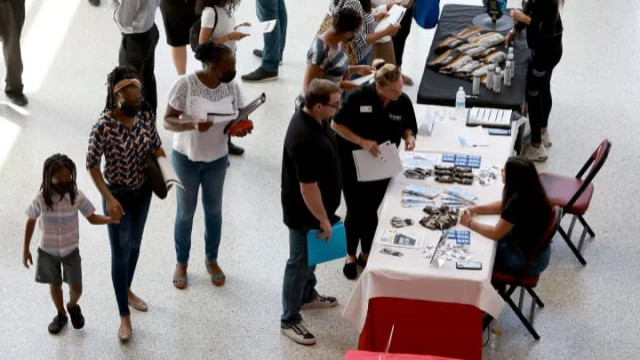

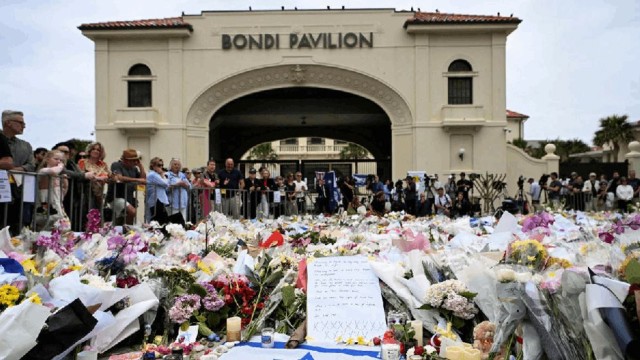

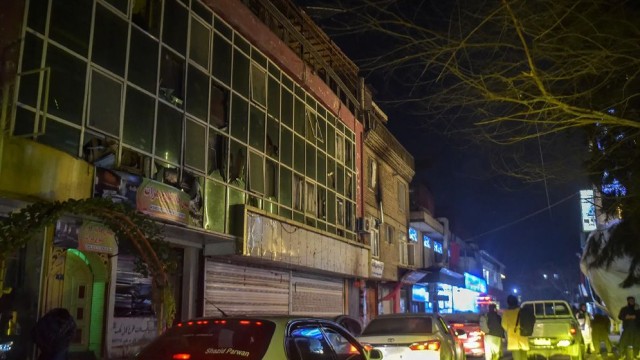
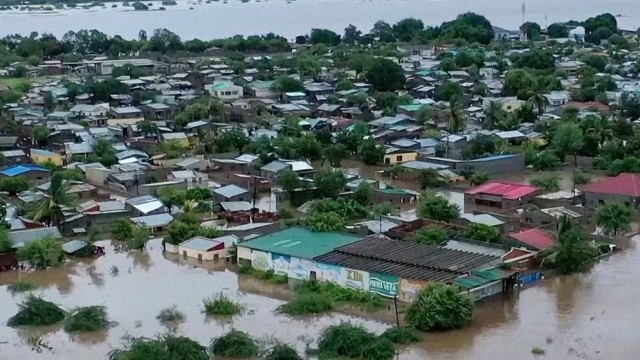




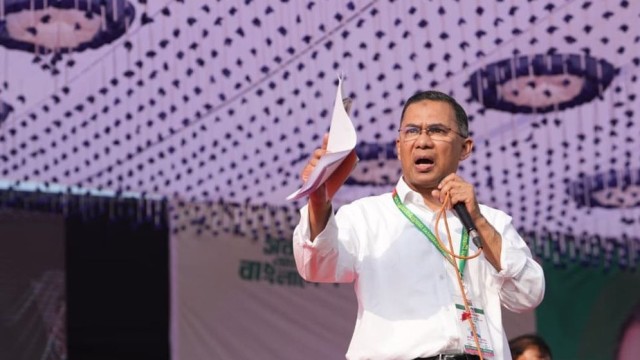

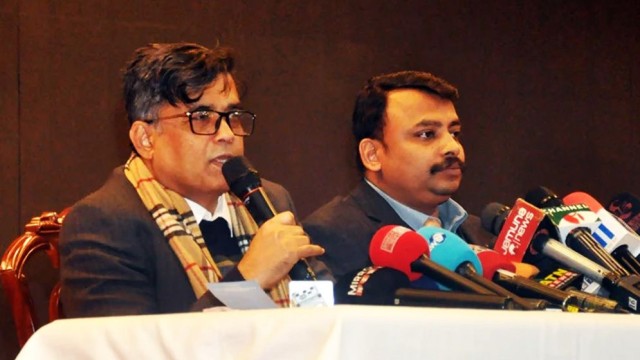
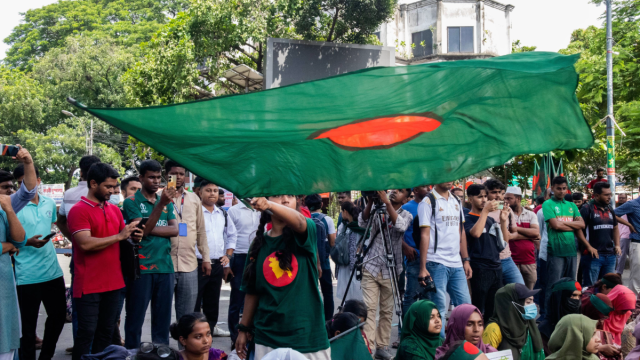

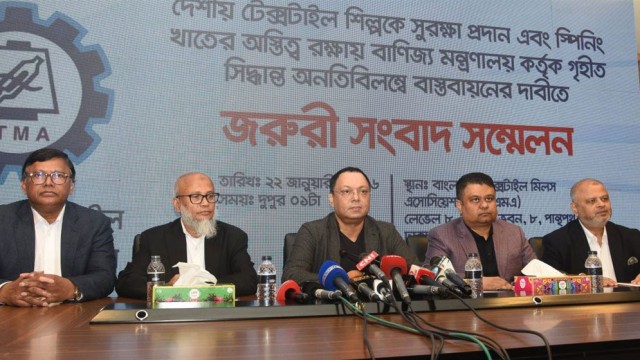









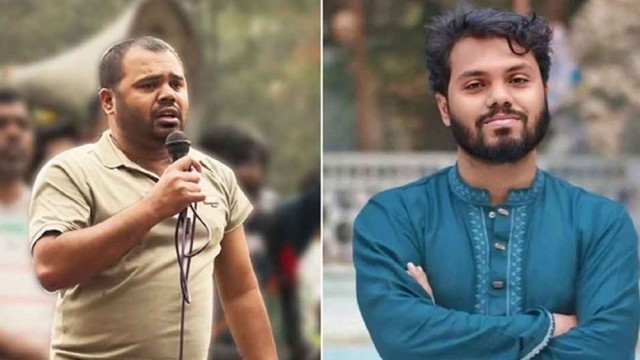

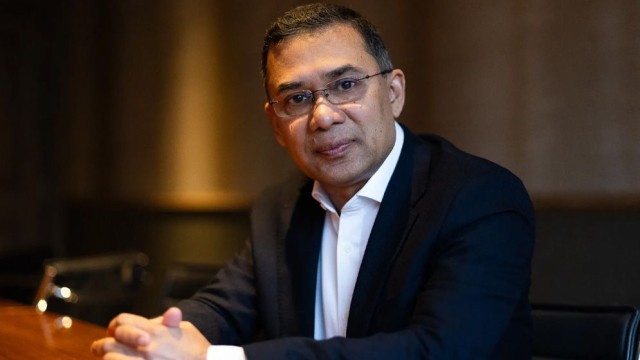
Comment: